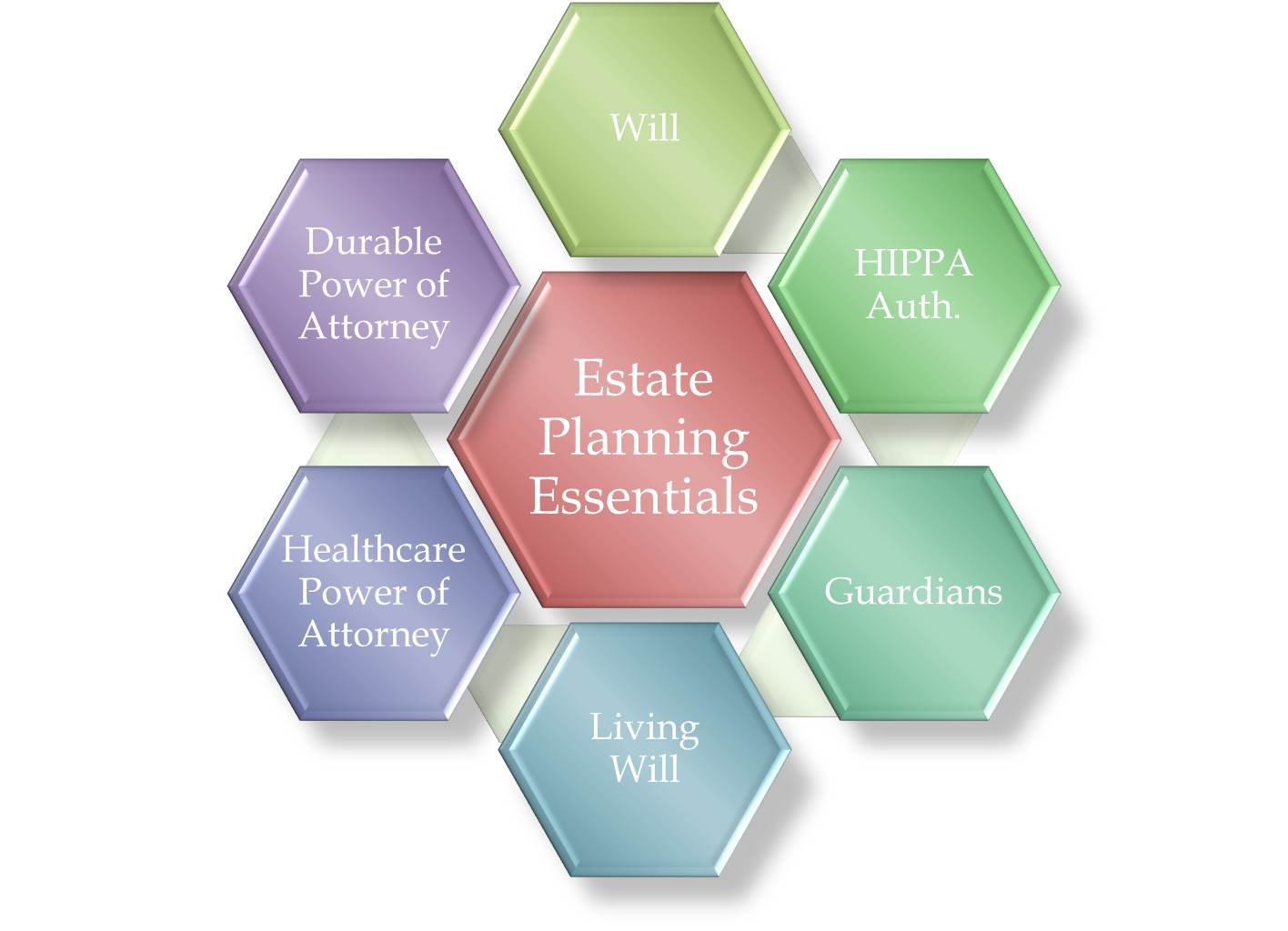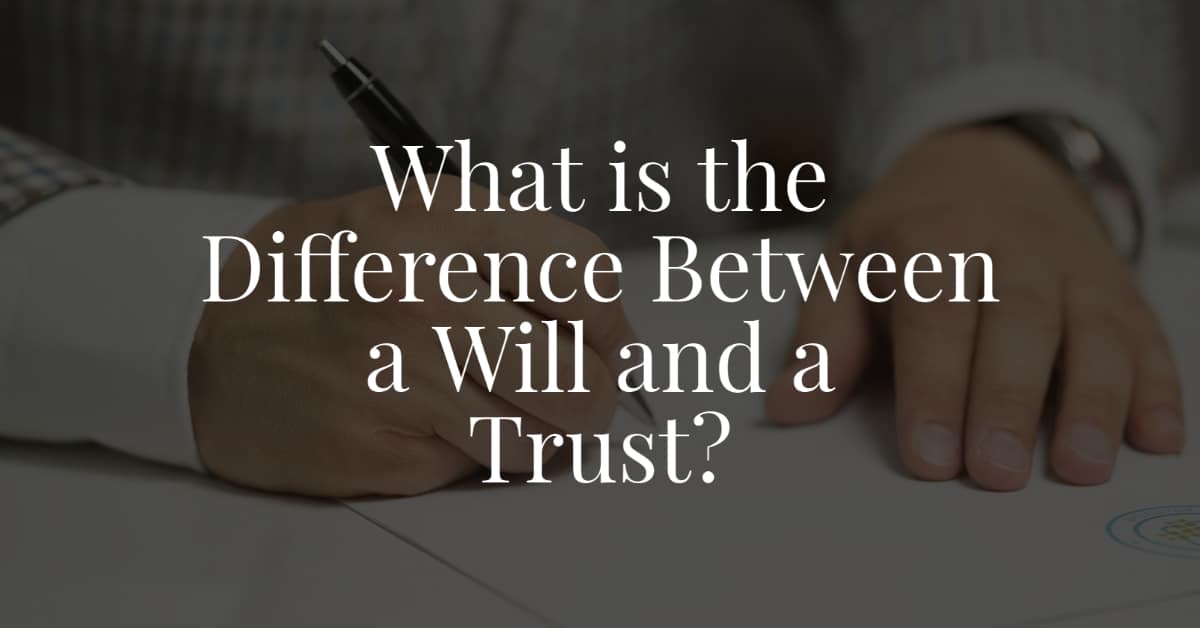
Insider Strategies from Top Estate Planning Lawyers
How to Protect Your Family's Future: Learn the Insider Strategies from Top Estate Planning Lawyers Securing your family's future can seem like a daunting task, but with guidance from adept estate planning attorneys, you'll find it's not as perplexing as it appears. These experts have a trove of strategies up their sleeves, and I'm here to share a smidgeon of that wisdom with you (but remember, this isn't an exhaustive guide). First things first! You must understand the basics of what estate planning involves. It isn't merely about who gets your belongings once you're no longer around; it's also about ensuring that your loved ones are taken care of in the way you envisage. The least likely thing many people consider is setting up a living trust, which can bypass probate—a time-consuming legal process where your will is validated. Next up, let’s chat about powers of attorney. A common mistake folks make is neglecting these powerful documents until it’s too late. Imagine if suddenly, due to illness or an accident, you couldn’t manage your own affairs - who would step in? By designating someone you trust as your power of attorney, they
read more →
Estate Tax Planning Strategies to Maximize Wealth Preservation
Estate tax planning, oh boy, it's a complex field (ain't that the truth?), but crucial for those aiming to preserve wealth across generations. Now let me tell ya, this isn't about evasion; no sir, it's about smart strategies within legal boundaries! Wealth preservation is akin to crafting a fine tapestry – each thread must be carefully woven to support the next. In essence, estate tax planning involves understanding how assets will be taxed upon one’s departure from life. It's kinda like a game of chess where every move counts! Folks often think they've got plenty o' time to sort their affairs out – but procrastination can lead to some pretty nasty surprises (and who wants that?). The key here is foresight and taking proactive steps. Now look here, gifting assets during your lifetime can significantly reduce your taxable estate; this ain't rocket science! You see, by transferring property or money to heirs early on (mind the annual exclusion limits), you're not just spreading joy but also curbing the tax hit later down the line. However – and listen close now – if done wrong, it could backfire spectacularly! Moving forward
read more →
How to Secure Your Family's Future with Smart Estate Planning Strategies
How to Secure Your Family's Future with Smart Estate Planning Strategies – Discover the Secrets Today! Oh boy, securing your family's future might sound like a task for the ultra-wealthy or those with complex assets. However, I'm here to tell ya that anyone can benefit from some savvy estate planning strategies - yep, even you! It's not just about having a will (though that’s super important), but also about understanding how different decisions can impact your loved ones long after you've said your goodbyes. Now, most folks think estate planning is all about divvying up belongings and money. But it's way more nuanced than that! For starters, consider setting up trusts. They're not only for the rich and famous; they’re a fantastic tool to manage how your assets are handed out over time. And guess what? Trusts can help make sure that Uncle Sam doesn't take a bigger slice of your pie in taxes than necessary! But wait, there’s more! Don't forget to lay out clear medical directives. This ensures that if you're unable to speak for yourself due to illness or injury (knock on wood!), there’s no confusion 'bout
read more →
Establishing trusts and their role in asset protection and tax planning
Well, lemme tell ya 'bout somethin' that's got folks buzzin' in the world of finance - it's trusts , my friend! They're like secret hideaways for your treasures (you know, assets), but with a twist. See, when you set up a trust, you're kinda playin' this chess game where you move your pieces (that's your money and property) into a safe spot so they don't get gobbled up by unexpected troubles or hefty taxes. The whole shebang starts with estate planning when you decide to establish a trust . That means you’re handin’ over control of some of your valuables to someone else – we call ‘em trustees. Now hold on, it ain’t as scary as it sounds! These trustees are sworn to follow your playbook, ensuring they manage everything just the way you want. It’s like having a personal bodyguard for your wealth; ain't nobody can touch it unless you say so! Oh boy, here comes the juicy bit! Trusts are not merely storage bins; they're nimble tools for dodging unnecessary tax hits. By carefully pickin’ the right type of trust and playing by the rules (which can be as twisty as
read more →
Will vs. Trust: What’s the Difference?
Estate planning is very important for everyone, but it is particularly important for veterans and their families. This section gives a summary of the basics related to wills and trusts and how these can come into play for wounded, ill, or injured veterans. Though this section will give you a basic understanding of concepts and issues. Execution of documents such as a will should not be done without the assistance of an attorney. For more complex legal situations consult lawyers for heroes your next step pro bono legal resource for veterans and their families. What is the difference between a will and a trust?. Wills vs. Trusts: An Overview • a straightforward introduction that provides a student-friendly orientation to the subject • complete, succinct coverage of key topics • a review of the sources of property law, trusts, and taxes • a helpful guide to drafting wills and trusts documents • step-by-step instruction for completing the entire federal estate tax return • state-by-state analysis of trust and estate law • four client examples used throughout the text that provide an accessible structure and illustrate the intricacies of estate planning • chapter overviews, key terms, review questions, sample clauses, edited cases, chapter summaries, and end-of-chapter exercises •
read more →
Can you have both a will and a living trust?
Frequently, married couples with minor children will pass everything to their spouse, if living, and if not, to a trust for their minor children until they become more mature. Minnesota probate and trust law deskbook, 8th ed. By minn. Cle call number: main kfm 5544. Z9 m56 2020 publication date: 2020 drafting wills and trust agreements, 9th ed. By minn. Cle call number: main kfm 5544. Z9 d73 2 vols. Publication date: 2023 wills and trusts in a nutshell, 6th ed. By sherri burr call number: main kf 755. M46 2023 isbn: 9781685611897 make your own living trust by denis clifford call number: getting started kf 734. C58 2023 isbn: 9781413330571 special needs trusts, 10th ed. By kevin urbatsch & jessica farinas jones call number: kf 736. S87 u73 2023 isbn: 9781413331035 the trustee's legal companion, 2nd ed. By liza hanks & carol elias zolla. Estate Planning - Wills and Trusts In this program, experienced practitioners address the basic tax and non-tax issues involved in estate planning and the drafting of wills and revocable trusts. The program is designed primarily for attorneys, paralegals, legal assistants, trusts officers and accountants who have limited experience in this area of practice, and it also serves as an excellent refresher course
read more →
Is a living trust better than a will?
Everybody needs a will, which establishes an executor of your estate and also determines how your assets will be distributed when you pass away. In addition to asset distribution among your heirs, wills also outline your last wishes, including your funeral or burial wishes, as well as any messages or videos to specific family members. However, a will is a public process and can sometimes open up the estate to challenges. A trust , on the other hand, provides those same benefits and many more. For example, a trust is private (vs. Public) and can help your heirs avoid the probate process. Simple will generally gives everything outright to surviving spouse, children, or other heirs. Will with testamentary trust married couples with minor children will can pass everything to their spouse, if living, and if not, to a testamentary trust their minor children until they become more mature. Pour-over will generally used in conjunction with a living trust. It picks up any assets which were not transferred to the trust during the person’s lifetime and “pours” them into the trust upon death. The assets may be subject to probate administration. “straight through” living trust (without tax planning) the surviving spouse
read more →
What is a living trust?
A trust is when one party (known as the trustor) gives a second party (the trustee) the job of holding property or assets for a third party (the beneficiary). There are two basic types of trusts: a living trust and a testamentary trust. A living trust is an agreement you make with a trustee — who holds legal title to your property. It is created and goes into effect while you are still alive. A testamentary trust is a trust that goes into effect upon your death and is often embedded in a will. A trust is a legal arrangement that allows you – the grantor – to transfer assets to a trustee. The grantor creates terms that tell the trustee how to manage the assets in the trust. A trust is different from a will in that once the grantor transfers assets into the trust, it becomes effective. The two main types of trusts are a living trust and testamentary trust. The grantor creates a living trust during his or her lifetime. Directives in a will create a testamentary trust after the death of the grantor. When you create an estate plan, you choose a trust that best
read more →